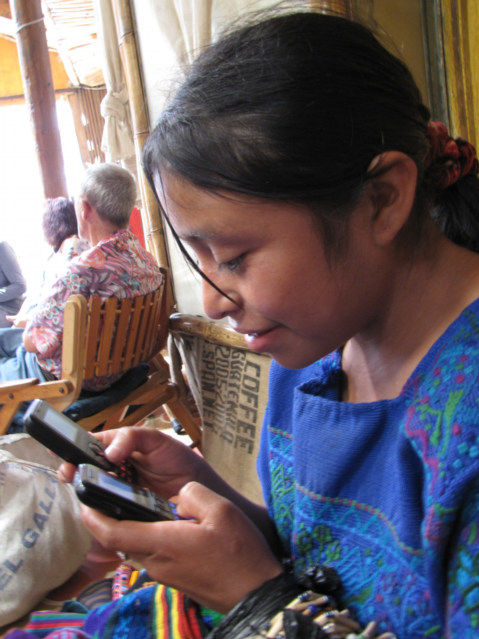Monitoring of community health promoters
An Investigation of Effective Training of Promotoras in Oral Rehydration Therapy
Overview
In Guatemala, 20% of the deaths that occur in children under 5 years old are a result of diarrhea. It is well known that disseminating knowledge about oral rehydration therapy (ORT) and zinc supplementation (ZS) via community health promoters in low-income countries is effective in treating dehydration and preventing deaths in children under 5 years.
However, ORT use has been dropping in some Latin American countries. This research works to identify cultural and educational factors which influence the under-utilization of ORT and ZS by parents in low-income counties for treating dehydration in children with diarrhea. Our central hypothesis is that cultural norms in communication and health-seeking decision-making and the educational process employed in ORT training are predictors of the utilization of ORT with zinc supplementation in low-income countries. Previous research in Guatemala (Hall-Clifford) has shown ineffective training regarding ORT in Guatemala including promotor-led education in mixing pre-packaged oral rehydration solutions and making homemade ORT.
This project will work with local promoters to co-create and disseminate a culturally-appropriate, accessible curriculum for homemade ORT and ZS for the indigenous Maya population of Guatemala. Promoters will receive continuing education and program support via an SMS reporting system, which will also enable close program evaluation and monitoring. These results are expected to have an important positive impact by improving the efficacy and sustainability of ORT education campaigns through encouraging local collaboration and ownership of program content.
